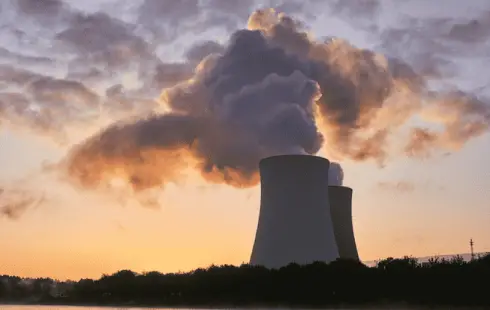
Pantone's Color of the Year an Endless Neutral Loop
Section: Fashion
 Berlin's energy supply is secure - "currently in all sectors", according to the current "Situation Report on Energy Security in the State of Berlin". Since the summer, the Senate Energy Administration under Senator Stephan Schwarz (non-party, for the SPD) has been sending a corresponding report to the members of the House of Representatives about every two weeks.
Berlin's energy supply is secure - "currently in all sectors", according to the current "Situation Report on Energy Security in the State of Berlin". Since the summer, the Senate Energy Administration under Senator Stephan Schwarz (non-party, for the SPD) has been sending a corresponding report to the members of the House of Representatives about every two weeks.
Anyone reading the situation assessments in recent weeks and months could come to two conclusions. First: Berlin's energy supply has never been in serious danger, despite the Russian war of aggression on Ukraine and the associated energy crisis, and is unlikely to be, at least this winter. Second, the state of Berlin has limited influence on its own energy supply security.
This is due to the structure of the German and European energy markets. Private companies are largely responsible for energy supply - the Federal Network Agency is responsible for controlling the networks and for overall supply security. The latter would also decide in an emergency, for example during a gas shortage, who would still get gas and who would not.
And so the situation report mainly contains information on the status of supply security throughout Germany. It describes a gas shortage as "rather unlikely", and Russian gas has been replaced by imports from Norway, the Netherlands, Belgium and France. Nevertheless, it continues to point out the need for savings. In Berlin, well over half of thermal energy comes from natural gas.
The supply of electricity as well as the energy sources hard coal and oil is also "currently secured." However, it is the latter energy source that is probably currently associated with the greatest uncertainties for the Berlin-Brandenburg region. The PCK Schwedt refinery, which on average supplies 9 out of 10 cars in Berlin with gasoline and also supplies Berlin-Brandenburg Airport with kerosene, will no longer receive any Russian oil via the Druzhba pipeline as of January 1, 2023.
The German Ministry of Economics had placed the refinery, the majority of which is owned by the Russian state-owned Rosneft, under trusteeship and promised 70 percent capacity utilization even after the embargo. However, at the beginning of January, only 50 percent was initially achieved. At present, the refinery receives oil exclusively through the port of Rostock and can draw on stored oil. The German government has agreed a memorandum of understanding with Poland to supply the refinery via the port in Gdansk. In the future, oil from Kazakhstan could also be added.
Despite the generally relaxed situation at present, Berlin is preparing for an emergency. The governing mayor, Franziska Giffey (SPD), has already twice invited the heads of Berlin's most important energy companies to an "energy summit" in the Red City Hall. These meetings had also been about "coordinated communication and information for the population." However, concrete results of the meetings were not communicated.
Image by Markus Distelrath

Section: Fashion

Section: News

Section: Fashion

Section: Arts

Section: Politics

Section: Health Insurance

Section: News

Section: News

Section: News

Section: Arts
Both private Health Insurance in Germany and public insurance, is often complicated to navigate, not to mention expensive. As an expat, you are required to navigate this landscape within weeks of arriving, so check our FAQ on PKV. For our guide on resources and access to agents who can give you a competitive quote, try our PKV Cost comparison tool.
Germany is famous for its medical expertise and extensive number of hospitals and clinics. See this comprehensive directory of hospitals and clinics across the country, complete with links to their websites, addresses, contact info, and specializations/services.
Join us for an enchanting Christmas adventure at the Münchner Marionettentheater! Experience the marionette play 'Der verschwundene Wunschzettel' by Siegfried Böhmke, featuring our beloved Kasperl Larifari and his little friend Stupsi. As Christmas approaches, both Kasperl and Stupsi have prepared...



No comments yet. Be the first to comment!